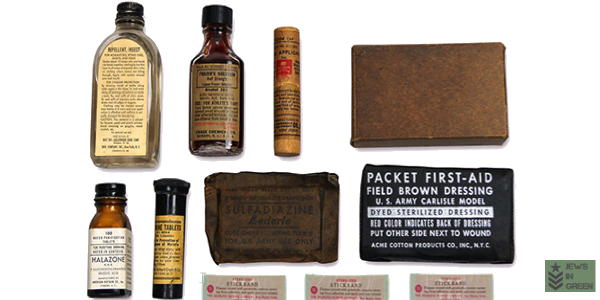Dr. Edwin Schwarz was an aero-surgeon who served during World War I. He lived all of his early life in Texas. In the days of his youth, he attended schools in Lockhart, Palestine, and Dallas. He left for New York after his medical training at the branch of the University of Texas in Galveston. He did his internship at Bellevue Hospital. This was followed by a residency at Cleveland City Hospital located in Ohio.
When the United States entered the First World War, he volunteered for military service. As a captain in the Army Medical Corps, he was assigned his duty station at Carruthers/Benbrook Field. Its location near Fort Worth meant that he was serving in his home state. He was one of the first clinicians who got to treat and work with aviators and related personnel.
At the hospital
The hospital had a staff of five officers and twenty-three enlisted men. It had a capacity of fifty beds and got 261 patients on an average every month. During their time spent at the airfield, Dr. Schwarz and his staff treated a total of 1,686 patients. About 1095 of them returned to duty and twenty eight soldiers died at the hospital.
A typical day for Dr. Schwarz began with sanitation inspection. He also conducted in-patient rounds at the hospital ward. This was followed by a sick call. It involved treating patients suffering from minor injuries and illnesses. Their illnesses ranged from common cold to pneumonia.
Later he would have a quick lunch. After this, he attended a clinic for aviators’ flight readiness evaluations and wellness examinations for all the other personnel.
Rescue and recovery work
When a DH. 9 fell to the ground, all the routine activities had to cease immediately. The entire focus of the medical team would then be on the rescue and recovery of the airmen involved. Stopping all his other duties, Dr. Edwin would rush to accident sites in an ambulance.
The road was bumpy and ridden with holes. As the ambulance passed through the rough roads and fields, it kicked up massive clouds of dust. At times, the fliers were set free using axes and wire cutters. As the second-seat aviator didn’t wear any seat belt, he often fell from the plane.
He’d stay balanced on a railing when he was manning a machine gun. The doctor would prevent further bleeding with tourniquets. Motion would be limited with the use of splints, thus preventing additional orthopedic, spinal cord, or neck injury.
Discharge from service
Dr. Edwin Schwarz discharged from service in the year 1919. He then went into private practice and became the first pediatrician of Fort Worth. He helped in establishing the first day nursery of the city. Dr. Schwarz also organized the children’s clinic of John Peter Smith Hospital. He later became the president of Fort Worth Pediatric and Texas Pediatric Societies.
Due to his excellent service to children and his community, he received many awards. They included the Gold Headed Cane Award. He also got recognition from the National Conference of Christians and Jews. This was for his contributions to various people of Fort Worth.

